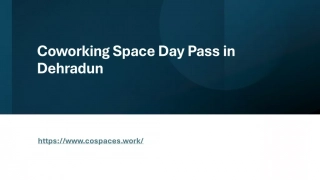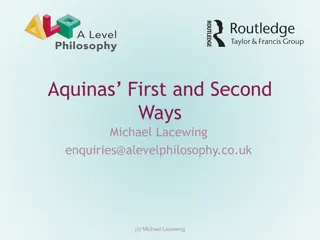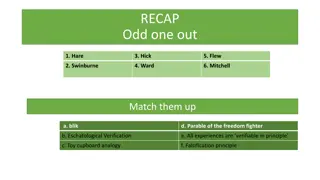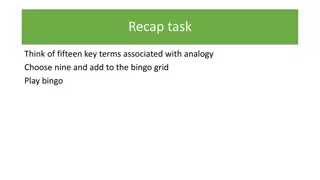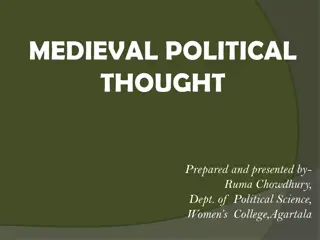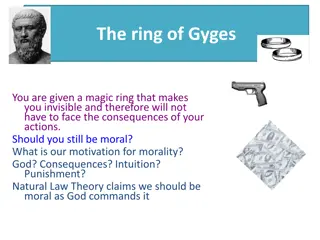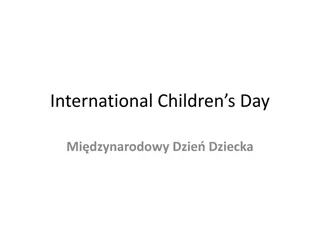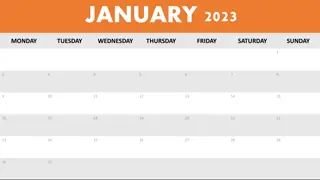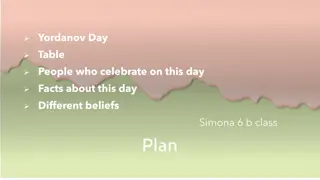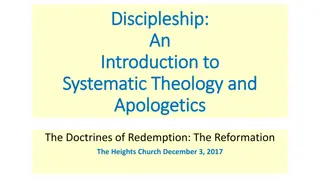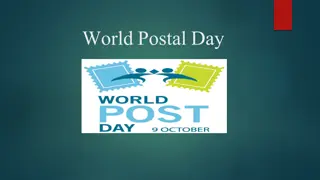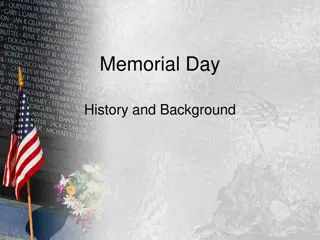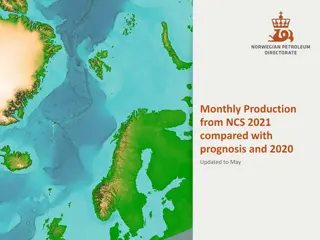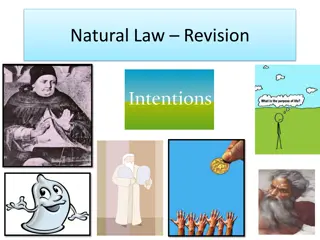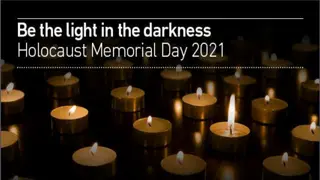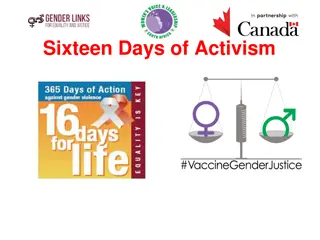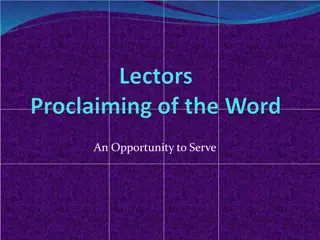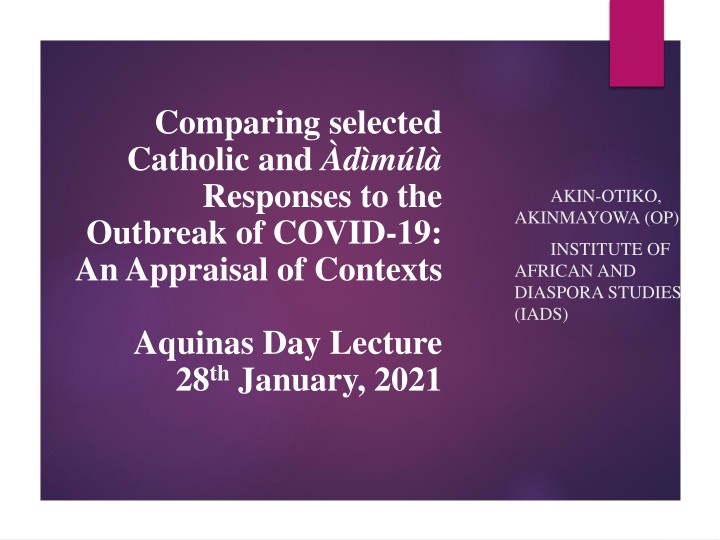
Comparing Catholic and D.M.L Responses to COVID-19 Outbreak
Explore the responses of the Catholic Church and traditional Yoruba religion (D.M.L) to the COVID-19 pandemic. Discover their approaches to diagnosis, treatment, and coping strategies, highlighting their roles in promoting the common good.
Download Presentation

Please find below an Image/Link to download the presentation.
The content on the website is provided AS IS for your information and personal use only. It may not be sold, licensed, or shared on other websites without obtaining consent from the author. If you encounter any issues during the download, it is possible that the publisher has removed the file from their server.
You are allowed to download the files provided on this website for personal or commercial use, subject to the condition that they are used lawfully. All files are the property of their respective owners.
The content on the website is provided AS IS for your information and personal use only. It may not be sold, licensed, or shared on other websites without obtaining consent from the author.
E N D
Presentation Transcript
Comparing selected Catholic and d m l Responses to the Outbreak of COVID-19: An Appraisal of Contexts AKIN-OTIKO, AKINMAYOWA (OP) INSTITUTE OF AFRICAN AND DIASPORA STUDIES (IADS) Aquinas Day Lecture 28thJanuary, 2021
COVID-19 a rude shock to the world Researches in the area of health and finance abound. My focus: Catholic Church and d m l (the traditional religion of the Yoruba) Introduction Why these two religions? First they have both played prominent roles in the course of COVID-19. Second, both have acted for the common good of all beyond their members.
We without considering the the reality of religious pluralism. to actions worked as we still have with us. reactions ignore the context of each religion. judge responses Hard tell if their Problem COVID-19 Our often
Focus: Religious responses of the Catholic Church and d m l to: i) diagnoses, ii) treatment and iii) Coping with COVID-19. Methodology: Comparative studies; data derived from FGDs (Priests from Lagos), Babal wo (Lagos and Ibadan) and videos of responses. Theory: Principle of Common Good Focus and Methodology
dml as a religion is the worship of Ol d mar who is called r s - k (the divinity above) (Akin-Otiko, 2015:39). Babal wo: If priest who engages in divination and sacrifices for people. Basic Concepts Catholic Church: The Catholic Church, sometimes referred to as the Roman Catholic Church. COVID-19
The Catholic Church: aligned with the positions of healthcare providers and scientist; encouraged all to do the same because of her mission to the all creation. Findings: Diagnosis d m l : Diagnosis was done through divination; the understanding of disease aetiologies within the confines of d m l is wide.
Catholic purposes, salvation here and an eschatological one. Church: two Salvation here - composed a prayer, offer devotions to Eucharist and the Rosary masses, Holy the Treatment/Prescriptions Encouraging Protocol COVID-19 Eschatological Prayer for the repose of the dead and will die from COVID-19.
Fr. Anthony Manuppella preparing to fly with the Eucharist
dml: Divination to identify the spirit responsible and make required sacrifices to appease the spirit. Herbs and native remedies w re (prayer) this goes with everything that is done, because it is believed that Ol d mar has the final say in everything. Treatment/Prescriptions
Dr. YSO Akande, diagnosing and prescribing remedies for COVID-19
Catholic Church: Compliance with the COVID-19 protocols. Support the effort of government with medical facilities. Coping with COVID-19 Prayers for the end of the Pandemic. d m l : More sacrifices and herbs
Both acted for the common good Both deployed a blend of faith and reason. Both believed that God has roles to play in the diagnosis, treatment and coping with diseases. Discussions: Common ground in responses
Significant differences between the two approaches Operational contexts are quite different Uncommon grounds in responses
Both Common Good even though they had very different approaches. worked for the Context and creed are crucial understanding of what has been done. nature Nigerian society, it is pluralistic in terms of religion. for the Evaluation The of the
Difficult to empirically assess the impact of Prayers on COVID-19. Faith tells us that God has answered our prayers, Conclusion the Babal wo tell us that their sacrifices are working. Science tells us that all we need is the protocol and the curve will flatten.
Now you understand what they have been doing, should help evaluate these responses so as to know the next step to take. theologians

